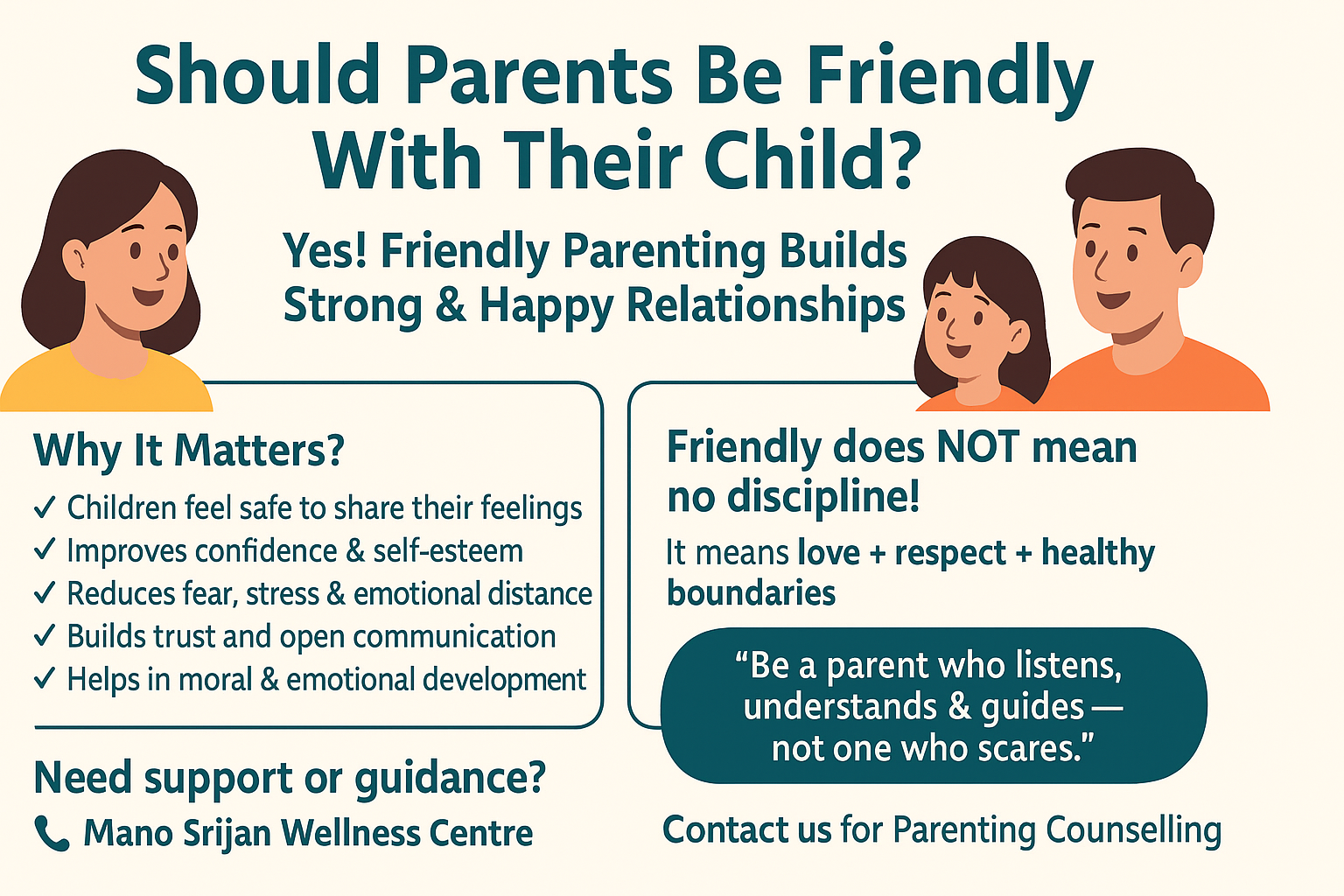
- 16 Dec 2024
- Psy. Ashish Pandey
Achieving Goals for the New Year
As the calendar flips to a new year, many of us feel inspired to start fresh and set goals that align with our dreams and aspirations. However, achieving those goals requires more than just good intentions. It takes planning, persistence, and the right mindset. Here’s how you can set and achieve meaningful goals for the New Year.
1.
Reflect on the Past Year
Before setting new goals, take some
time to reflect on the previous year. Ask yourself:
- What did I achieve this year?
- What challenges did I face, and how did I overcome
them?
- Are there any lessons I can carry forward?
Reflection helps you understand your progress, identify areas for improvement, and set realistic goals that build on your experiences.
2.
Use the SMART Framework
Transform vague aspirations into
actionable plans by making your goals SMART:
- Specific:
Clearly define your goal. For example, instead of saying, “I want to get
fit,” say, “I want to exercise 3 times a week.”
- Measurable:
Set criteria to track progress. For instance, aim to lose 10 pounds or
save $5,000.
- Achievable:
Ensure your goal is challenging but realistic.
- Relevant:
Align your goal with your broader objectives and values.
- Time-bound:
Set a deadline to create urgency, such as “by June 30” or “within three
months.”
3.
Break It Down Into Smaller Steps
Large goals can feel overwhelming,
but breaking them into smaller, manageable steps makes them achievable. For
example:
- Goal: Run a marathon by December.
- Steps: Start with 1-mile runs, gradually increase the distance,
join a running group, and follow a training plan.
Celebrate small victories along the
way to stay motivated.
4.
Create an Action Plan
An action plan helps you stay
organized and on track. Include:
- Daily/Weekly Tasks:
Schedule time to work on your goals.
- Resources:
Identify what you’ll need, such as books, courses, or mentorship.
- Accountability:
Share your goals with a trusted friend or join a group for mutual
encouragement.
5.
Overcome Obstacles
Challenges are inevitable, but they
don’t have to derail your progress. Plan ahead by:
- Identifying potential obstacles.
- Creating backup plans to address setbacks.
- Developing resilience by focusing on solutions instead
of problems.
When you encounter difficulties,
revisit your “why” to reignite your motivation.
6.
Track Your Progress
Regularly monitoring your progress
keeps you accountable and allows you to adjust your approach if necessary. Use
tools like journals, apps, or spreadsheets to:
- Record milestones.
- Evaluate what’s working and what needs improvement.
Consider setting monthly check-ins
to assess your progress and realign with your goals.
7.
Celebrate Achievements
Acknowledging your successes, no
matter how small, reinforces positive habits and keeps you motivated. Treat yourself
when you hit milestones—it could be as simple as enjoying a favorite meal or
taking a day off to relax.
8.
Stay Flexible
Life is unpredictable, and your
goals may need to evolve. If circumstances change, don’t view it as failure.
Instead, reassess and adapt your goals to remain relevant and achievable.
9.
Keep the Momentum Going
Achieving one goal often inspires
the pursuit of others. Use the confidence and skills you’ve gained to set new
challenges. Personal growth is an ongoing journey, and each step forward builds
a stronger foundation for future success.
Setting and achieving meaningful
goals for the New Year is a powerful way to create positive change in your
life. By reflecting on your past, defining what truly matters, and following a
structured approach, you can turn your aspirations into reality. This year,
make it your mission to not just set goals but achieve them with intention and
purpose.






